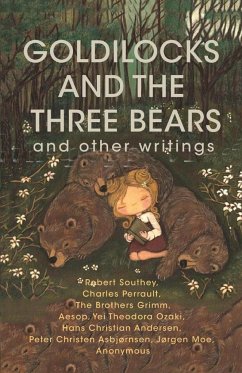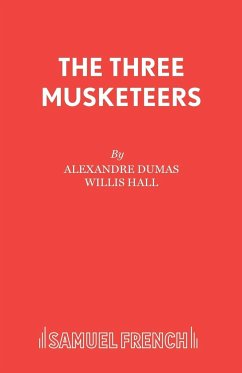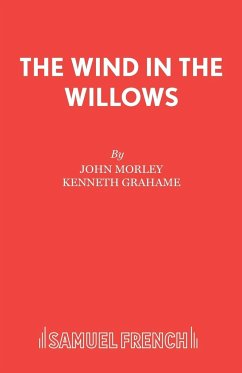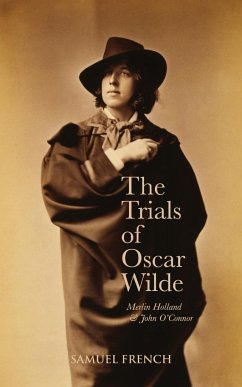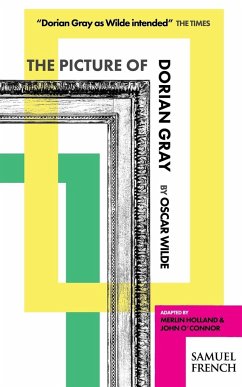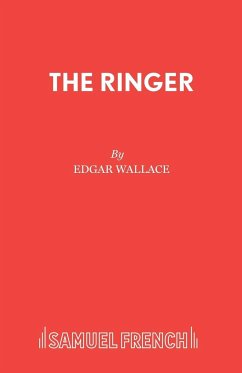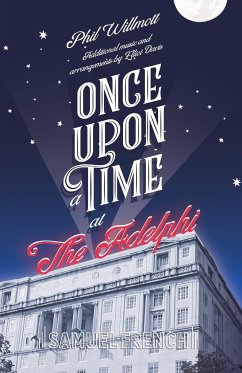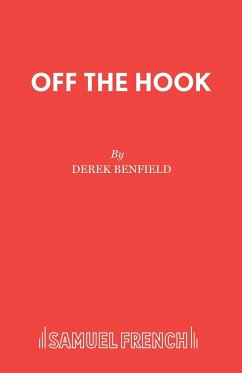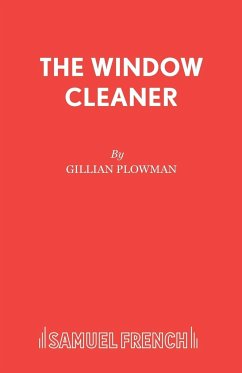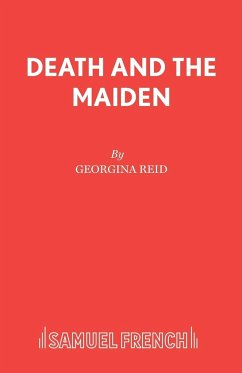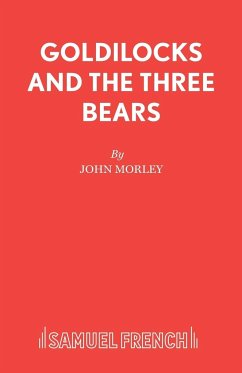
Goldilocks and the Three Bears
Versandkostenfrei!
Versandfertig in 1-2 Wochen
17,99 €
inkl. MwSt.

PAYBACK Punkte
9 °P sammeln!
The well known fairy tale has been expanded into a more elaborate adventure story. Goldilocks is the daughter of a vibrant and often hilariously outrageous circus owner. But the circus is doing badly; they are plagued by a rival troupe run by villainous Benjamin Black. They need a really original animal act. A good fairy disguised as a bareback rider saves the day when Goldilocks encounters the three Bears and they become circus stars. Black plans to seize the Bears and many adventures ensue.-Large flexible cast





